Since July 2009, the UW Department of Pediatrics and Seattle Children’s Hospital have offered a two-year postdoctoral Health Services and Quality of Care Research Fellowship. Through this fellowship, fellows learn state-of-the art health services and quality improvement research methodologies with close mentorship from outstanding, experienced faculty in the UW Department of Pediatrics, Seattle Children’s Hospital and Seattle Children’s Research Institute.
The fellowship includes required course work in the UW School of Public Health and Community Medicine and fellows have the opportunity to earn a Master of Science in Health Services. Up to 20% of the fellow’s time will be spent in clinical work (either inpatient or outpatient, depending on fellow’s interest); the remaining time will be dedicated to mentored research and coursework. The fellowship is funded by the Center for Quality and Patient Safety at Seattle Children’s Hospital. Support includes stipend, research support, tuition, benefits, travel, and administrative support. Graduates of our program have gone on to secure funding for their work from the NIH, AHRQ, private foundations, and their institutions, supporting research and QI research projects that are making important contributions to improving the quality and equity of pediatric care delivered in primary care, hospital medicine, endocrinology, gastroenterology, and more.
Related Links:
- Fellows engage in mentored research activities. Each fellow is expected to complete at least two research projects within two years. The fellow will meet with one of the two fellowship directors (Drs. Lion and Bryan) routinely throughout their training. The fellowship director will also help the fellow identify other possible mentors with compatible interests early in the first year of the fellowship, selecting from faculty in all Divisions of the Department of Pediatrics and across the Schools of Medicine and Public Health. The fellowship director and chosen mentors assist fellows with the selection of research projects to complete during their training.
- Fellows are expected to independently complete a series of QI Research Methods readings on eight different QI research topics supplied in a syllabus at the beginning of their training. Topics include QI research methods such as interrupted time series analysis, cost-effective analysis, and stepped wedge designs. These articles are discussed with one of the fellowship directors early in their training to help orient them to methods they might utilize for their research projects.
- Fellows present their scholarly progress at “Works-In-Progress” seminars ~2-3 times a year.
- Fellows participate in training activities with other pediatric fellows in the Department of Pediatrics who have a clinical and/or health services research focus.
- Fellows enroll in the MS or MPH program at the UW School of Public Health and Community Medicine. The MS/MPH program ensures that they receive excellent training in the basic methods of health services research, with a focus on biostatistics, epidemiology and research study design. They also have opportunities to immerse themselves in specialized fields of study as these pertain to their research interests, such as health policy, health economics, prevention science and qualitative methods. All interested applicants should simultaneously apply to the School of Public Health if interested in this fellowship. For more information see: https://sph.washington.edu/program/mph-health-services-general-focus.
- Ongoing regular evaluation of fellow progress is accomplished through learning contracts. Fellows draft learning contracts and revise them quarterly, as a means of setting goals and objectives and tracking their progress. Each fellow has a Scholarship Oversight Committee made up of 2-3 faculty mentors in addition to their assigned fellowship director. This committee will assess their progress, provide advice on coursework and projects, and assist with future career planning.
- Fellows participate in research seminars hosted by the Seattle Children’s Research Institute, as appropriate.
- Fellows have office space at the Seattle Children’s Research Institute in order to be co-located with other junior faculty and in close proximity to other senior health services research mentors.
- Fellows are required to attend the annual Academic Pediatric Association sponsored QI Research Methods Conference the day prior to the Pediatric Academic Societies Meeting each year of fellowship. Travel costs are covered by the fellowship program.
Eligibility
Outstanding pediatricians with a strong interest in developing skills related to health services and quality of care research. Eligible applicants must have completed an accredited 3-year pediatric residency program in the United States. Eligible applicants must be either board-eligible or board-certified in pediatrics. Applicants considering or enrolled in a pediatric sub-specialty fellowship are welcome to apply. Women and individuals from underrepresented groups are encouraged to apply.
Application Process
Potential applicants should send an email of inquiry to the fellowship directors (Drs. Casey Lion and Mersine Bryan): casey.lion@seattlechildrens.org AND Mersine.Bryan@seattlechildrens.org.
For your application, please send the following materials electronically to program co-directors Dr. Lion and Dr. Malik:
- Your CV
- A two-page personal statement, including your area of research interest and a proposed fellowship project. Feel free to include information about your background and life experiences, any obstacles you have faced in your education or career, and how those things may have informed how you approach your work.
- Three letters of recommendation
- Candidates concurrently pursuing a subspecialty fellowship (excluding Pediatric Hospital Medicine): A letter of commitment from the Seattle Children’s division chief of your subspecialty that states that your clinical responsibilities will not exceed 20% FTE and you will have 80% protected time for research activities and coursework during the 2-year period of the HSQOC fellowship.
- All applicants interested in receiving a concurrent Master’s Degree should simultaneously apply to the UW School of Public Health. For more information, see Health Systems and Population Health Master of Science - Health Systems and Population Health. Applications for the UW School of Public Health are due December 1st, 2025. Please contact the fellowship directors in advance to discuss the appropriate program to apply to within the UW School of Public Health.
Application Timeline
To apply, please submit the documents as noted above. The Fellowship Co-Directors will review your application and respond to you within 2 weeks of receiving your application. Please email the Fellowship Co-Directors if you have any questions.
Please note, if you are interested in obtaining a Master's Degree with this fellowship, please be sure to follow the instructions above and apply for the UW School of Public Health program before their deadline of December 1st, 2025.
| July 1st, 2025 | Application cycle is open (for a July 1st, 2026 fellowship start date) |
| Dec. 1, 2025 | Applications due (including separate application to UW School of Public Health) |
| Dec 8-19, 2025 | Applicants invited for interviews |
| Jan 9, 2026 | Applicants will be notified of acceptance |
| July 1st, 2026 | Fellowship start date |
At the University of Washington, diversity is integral to excellence. We value and honor diverse experiences and perspectives, strive to create welcoming and respectful learning environments, and promote access, opportunity and justice for all.
Please find more information and resources related to the Department’s commitment and work for Justice, Equity, Diversity, and Inclusion.
Seattle Children's Research Institute (SCRI)

As one of the nation's top five pediatric research centers, Seattle Children's Research Institute is dedicated to providing hope, care and cures to help every child live the healthiest and most fulfilling life possible. With one million square feet of clinical, laboratory and office space, a workforce of over 2,400 people and over $253 million in total extramural funding for the 2023 fiscal year, we are working toward the next wave of lifesaving discoveries.
The research institute is organized into centers, specializing in areas that include immunotherapy, tissue and immune transplantation, outcomes research, clinical and translational research, and child health and behavior. Researchers work in close collaboration with one another, their colleagues at partner institutions including the University of Washington and Fred Hutch Cancer Center and our healthcare providers at Seattle Children's Hospital. This collaboration allows our faculty to draw on a variety of disciplines and techniques as they pursue solutions to some of medicine's most complex problems.
Seattle Children's Hospital

Seattle Children's Hospital is both a community hospital for greater Seattle and the pediatric referral center for the Northwest providing excellent pediatric care to meet the medical, surgical and developmental needs of children in the WWAMI region (Washington, Wyoming, Alaska, Montana, and Idaho). Serving as the main clinical training site for pediatric residents, this 423-bed hospital is conveniently located 1.5 miles from the University of Washington campus in a residential neighborhood of Seattle. The staff consists of University faculty and Seattle Children's full-time physicians.
Additional Information
University of Washington, School of Public Health
The UW School of Public Health is grounded in teaching, research, and service. Their 11,000 graduates have gone on to transform communities, lead health organizations, and find solutions to emerging public health challenges.
Their major departments are Biostatistics, Environmental and Occupational Health Sciences, Epidemiology, Global Health, and Health Systems and Population Health.
Fellowship Leadership
Casey Lion, MD, MPH
Associate Professor Program Co-Director, Health Services and Quality of Care Research Fellowship
Mersine Alexis Bryan, MD, MPH
Associate Professor Co-director, Health Services and Quality of Care Research Fellowship
Current Fellows
Image

| Janis Sethness, MD, MPH (she/her) Janis Sethness is an adolescent medicine fellow as well as a Health Services and Quality of Care research fellow. She completed her Med-Peds residency at Baylor College of Medicine in 2017 after attending medical school at University of California, San Francisco, where she participated in the Program in Medical Education for the Urban Underserved (PRIME-US). As part of PRIME-US, she also obtained a Master of Public Health degree from Johns Hopkins Bloomberg School of Public Health. Prior to medical school, she studied community health and international relations with a focus in global environment at Brown University. Janis’ research interests focus on improving health outcomes for transgender and gender diverse adolescent populations by developing supports during the transition process from pediatric gender clinics to adult care. She also does quality improvement work related to adolescent confidentiality and information sharing through electronic medical records and patient portals. She is excited for the opportunity to take part in the excellent training and mentorship offered by the Health Services and Quality of Care research fellowship, which will allow her to expand foundational research skills and support her career development as a clinician-scientist. |
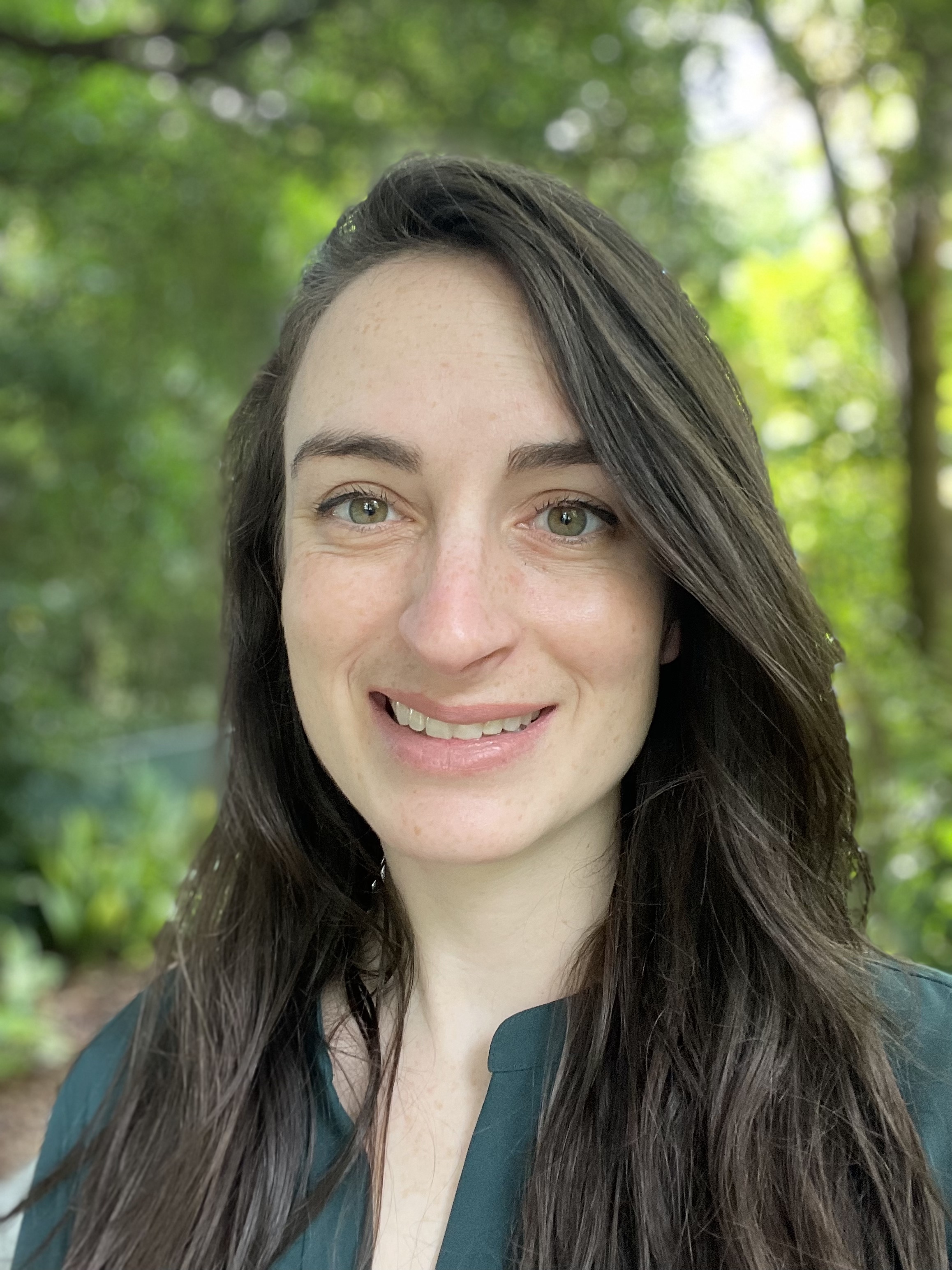 | Melissa Martos, MD Melissa Martos is a current Health Services and Quality of Care research fellow as well as a pediatric hematology/oncology fellow. She previously studied environmental science at UC Berkeley prior to earning her medical degree at UC San Francisco, after which she came to Pediatrics residency at Seattle Children’s. Her interests are in investigating disparities in oncology and serious illness communication, with the ultimate goal of partnering with community partners to develop interventions that improve quality of care for those that prefer a language other than English. She is grateful for the opportunity to build a foundation for a meaningful research career under the guidance of excellent mentorship as part of this fellowship.
|
Alumni
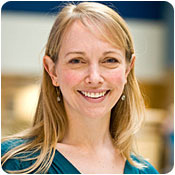 | K. Casey Lion, MD, MPH K. Casey Lion, MD, MPH, is an associate professor of pediatrics in the Division of General Pediatrics at the University of Washington School of Medicine and an investigator at Seattle Children's Research Institute. She co-directs the Health Services and Quality of Care Research Fellowship. Dr. Lion is an NIH-funded health services researcher whose work focuses on healthcare equity, language access, patient-provider communication and health system navigation. In her work, she partners with families and providers to design interventions to improve healthcare experiences and outcomes for children and families, especially those who use languages other than English for medical care. Her methodological expertise includes the rigorous evaluation of quality improvement interventions, with a particular focus on QI and healthcare equity. Clinically, she sees patients and supervises residents in pediatric primary care clinic. She earned her medical degree at the University of California, San Francisco School of Medicine, and a master's in public health at the University of California, Berkeley School of Public Health. She completed her residency and Health Services and Quality of Care Research fellowship at Seattle Children's Hospital and the University of Washington. She is a member of the American Academy of Pediatrics, the Academic Pediatric Association, and the American Pediatric Society. |
 | Arti D. Desai, MD, MSPH Arti Desai completed her undergraduate degree at the University of Michigan, medical degree at Wayne State University School of Medicine, and pediatric residency at Stanford University/Lucile Packard Children’s Hospital. She then completed the UW Health Services and Quality of Care Research Fellowship with a Master of Science degree in Health Services from 2012-2014. Dr. Desai’s research focuses on two main areas: (1) developing a testing innovative team-based models of care for children with medical complexity; and (2) developing patient-reported outcome measures to assess quality of care and health-related quality of life outcomes for pediatric populations. Dr. Desai completed an AHRQ-funded K08 Patient-Centered Outcomes Research (PCOR) Mentored Clinical Investigator Award and an AHRQ-funded R21 to develop and test a novel cloud-based care plan for children with medical complexity. She holds a Certificate in Human-Centered Design, and enjoys mentoring other faculty and students in qualitative research, improvement science, and applying human-centered design principles to health services research. |
 | Faisal S. Malik, MD, MSHS |
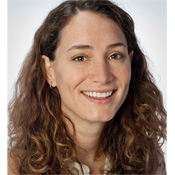 | Carolyn C. Foster, MD, MSHS Carolyn Foster completed her medical degree at Harvard Medical School in Boston, Massachusetts after completion of undergraduate studies in biology at Columbia University in New York. Her medical school thesis focused on the characterization and ideal treatment for children with vascular limb anomalies. She additionally studied the care experience of children with craniofacial anomalies. She received her pediatric residency training at the University of Washington and Seattle Children’s Hospital followed by a year as chief resident. During residency, she received a APA Young Investigator Award to study the hospital-to-home transition of care for children with medical complexity. She joined the Health Services and Quality of Care Research Fellowship with an interest in studying what constitutes high quality patient-centered care for children with medical complexity and how this care paradigm can be aligned with current and future delivery systems to optimize value for patients and their families. Dr. Foster is currently an Assistant Professor of Pediatrics in the Division of Academic General Pediatrics and Primary Care at the Feinberg School of Medicine and Ann & Robert Lurie Children's Hospital of Chicago. |
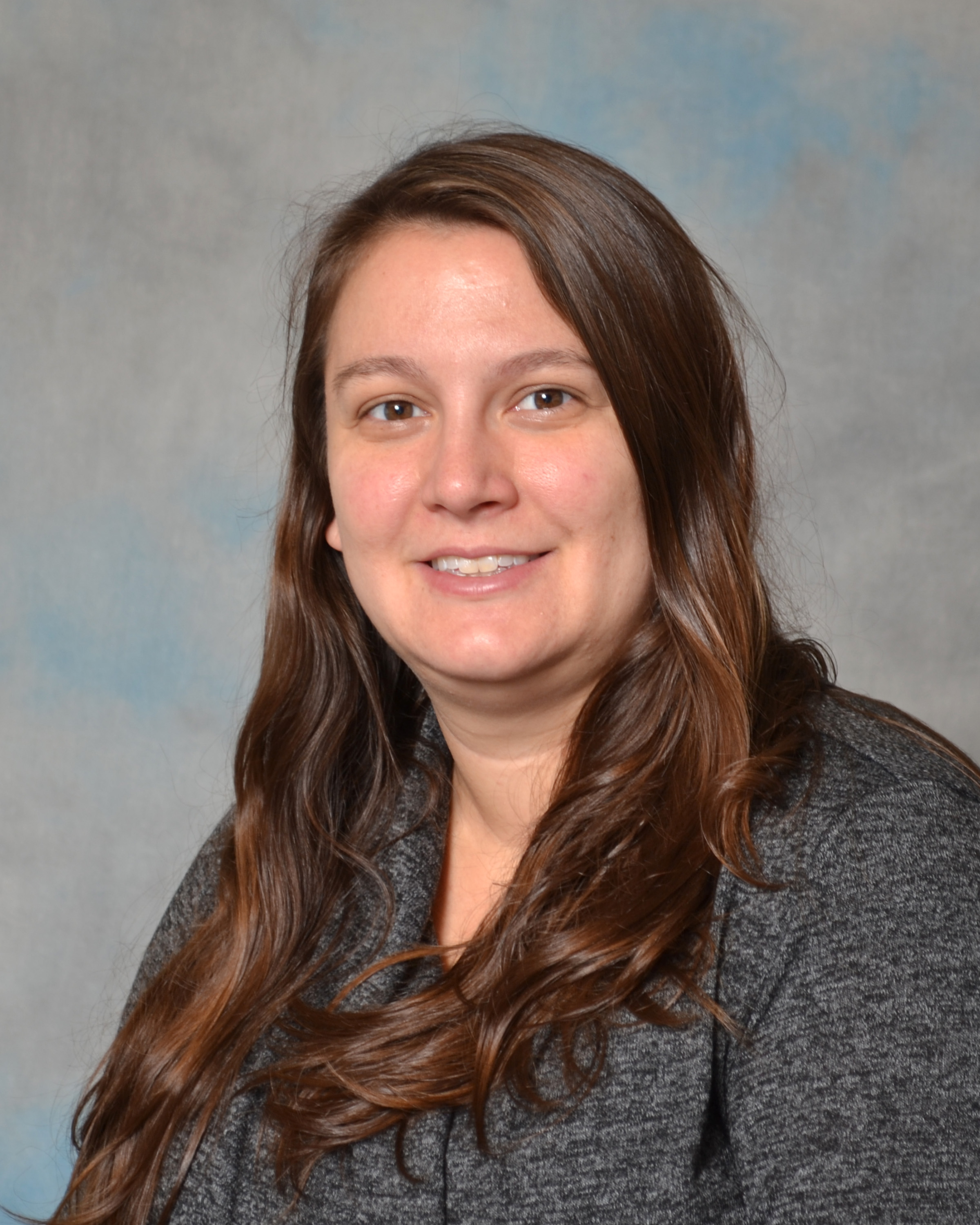 | Mersine Bryan, MD, MPH Mersine Bryan completed her bachelor’s degree at Indiana University and her medical degree from Johns Hopkins University School of Medicine. She received her pediatric residency training at the University of Washington and Seattle Children’s Hospital. After residency, she practiced as a hospitalist and urgent care physician at Seattle Children’s Hospital. Based on her clinical experience, she became interested in the quality of care for general pediatric illness that transition across the spectrum of care, from outpatient to inpatient. Dr. Bryan completed General Academic Pediatric Fellowship funded by the National Service Research Award (NRSA) and earned her Masters of Public Health in Health Services at the University of Washington. During her NRSA fellowship, she developed an additional interest in the quality of health information online and how pediatricians can expand their sphere of influence to provide high quality health information to families. She received the Academic Pediatric Association Young Investigator Award to pursue a project to understand how parents and adolescents access health information online. Through the Health Services and Quality of Care Research Fellowship, Dr. Bryan continued to conduct research aimed at maximizing the quality of care for general pediatric illnesses and how to effectively convey this information to families across different modalities. Dr. Bryan is currently an Assistant Professor of Pediatrics in the Division of Hospital Medicine and General Pediatrics at the University of Washington School of Medicine and Seattle Children’s Hospital. |
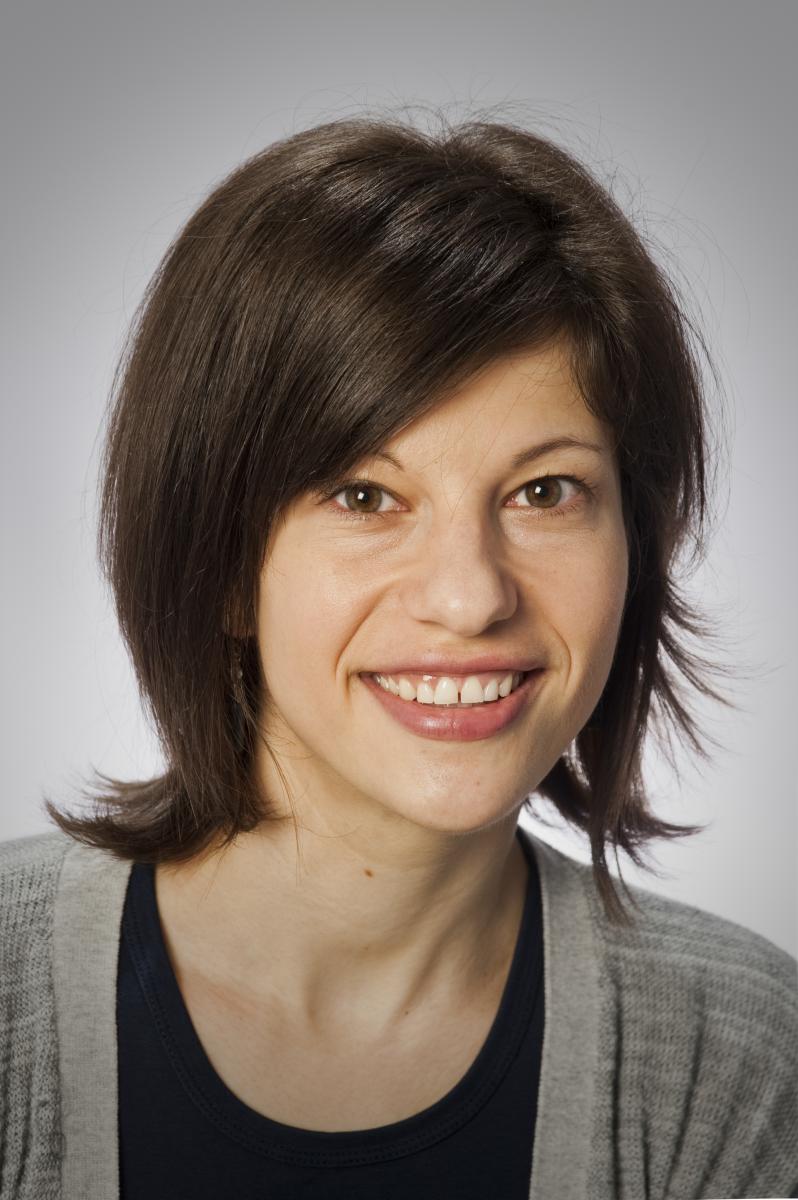 | Sarah Connell, MD, MSHS Sarah Connell completed her bachelor’s degree at Wesleyan University and her medical degree at Virginia Commonwealth University School of Medicine. She trained in Pediatrics at the University of Washington and Seattle Children’s Hospital and was awarded the Abraham B. Bergman Prize at Harborview Medical Center for her exemplary care and dedication to children’s advocacy. After completing her residency, she worked for two years as an outpatient pediatrician for Public Health — Seattle and King County. During her residency, she developed a strong interest in the effect of Adverse Childhood Experiences (ACEs) on subsequent child development. She joined the Health Services and Quality of Care Research Fellowship to learn how to conduct intervention research. In particular, she studied how to assure that evidence-based solutions are implemented effectively and in ways that will have the greatest impact on mental health outcomes for vulnerable children. |
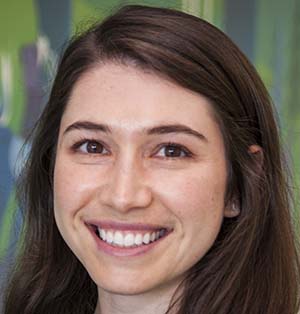 | Talya Miller, MD, MSPH Talya Miller completed her bachelor’s degree and medical degree at the University of Arizona. She then moved to Seattle for her General Pediatrics training at the University of Washington and Seattle Children’s Hospital. She is currently continuing her clinical training at University of Washington and Seattle Children’s Hospital in the division of Pediatric Gastroenterology. She joins the Health Services and Quality of Care Research Fellowship to gain skills to conduct research in understanding access, quality, and outcomes of pediatric care within gastroenterology, with the goal of developing new methods and tools to translate these research findings into healthcare practice and policy. |
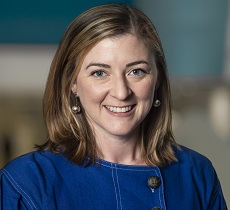 | Kathleen Bonsmith, MD, MIPH, MS Kathleen Bonsmith completed her Bachelor’s degree at Washington State University and attended the University of California, Davis for her Master’s degree. She also attended the University of Sydney, Australia for her Masters of International Public Health degree. She completed her Medical degree at the University of Washington and stayed in Seattle for her General Pediatrics training at the University of Washington and Seattle Children’s Hospital. During her residency she developed an interest in hospitalist medicine and ways to standardize and optimize clinical care. She joins the Health Services and Quality of Care Research Fellowship to gain the research skills needed to investigate the utilization and impact of digital technology on point-of-care clinical decision making and outcomes, with the goal of improving access to evidence based medicine for children both in the US and abroad. |
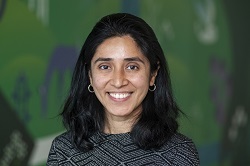 | Anisha Srinivasan, MD, MS Anisha Srinivasan completed her bachelor’s degree at Stanford University and medical degree at the University of Vermont. She completed her pediatric residency and fellowship in developmental-behavioral pediatrics at the University of Washington and Seattle Children’s Hospital. She joined the health services and quality of care research fellowship with a strong interest in improving access to developmental-behavioral care for minoritized populations. As a fellow she examined sociodemographic disparities in pediatric specialty care referral scheduling. She also examined administrative barriers to accessing autism diagnostic evaluations. Dr. Srinivasan is currently an Assistant Professor of Pediatrics in the Department of Pediatrics at the University of California, Davis and the MIND Institute. Her research focuses on integrating developmental-behavioral pediatrics care into safety-net primary care settings. |
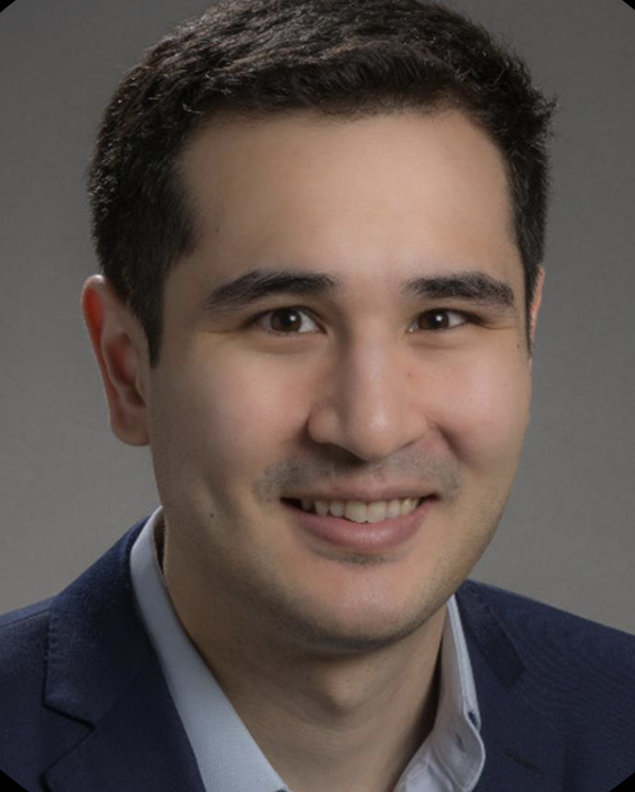 | Timothy Ohlsen, MD 2021-2023 Tim Ohlsen is an Acting Instructor of Pediatrics in the Division of Hematology, Oncology, and Stem Cell Transplantation at Seattle Children’s Hospital and Research Institute. Dr. Ohlsen completed his undergraduate and medical degrees at the University of Pittsburgh, followed by pediatric residency at the University of Utah/Primary Children's Hospital. Following this, he moved to Seattle for clinical fellowship training in pediatric hematology/oncology at the University of Washington, Fred Hutchinson Cancer Center, and Seattle Children's Hospital. He completed the Pediatric Health Services and Quality of Care Research Fellowship in 2021-2023 to learn mixed methods research from the experts at Seattle Children’s, and to participate in foundational research to jumpstart his career as an early stage investigator. His research interests include financial toxicity in pediatric cancer care, geographic disparities in care delivery and outcomes, and cancer supportive care. He has obtained extramural funding from the American Society of Clinical Oncology and Rally Foundation for Childhood Cancer Research to support his work. Dr. Ohlsen hopes his research can help to better characterize the financial challenges faced by patients and families during cancer care, and develop interventions to mitigate these effects through treatment and into survivorship. |
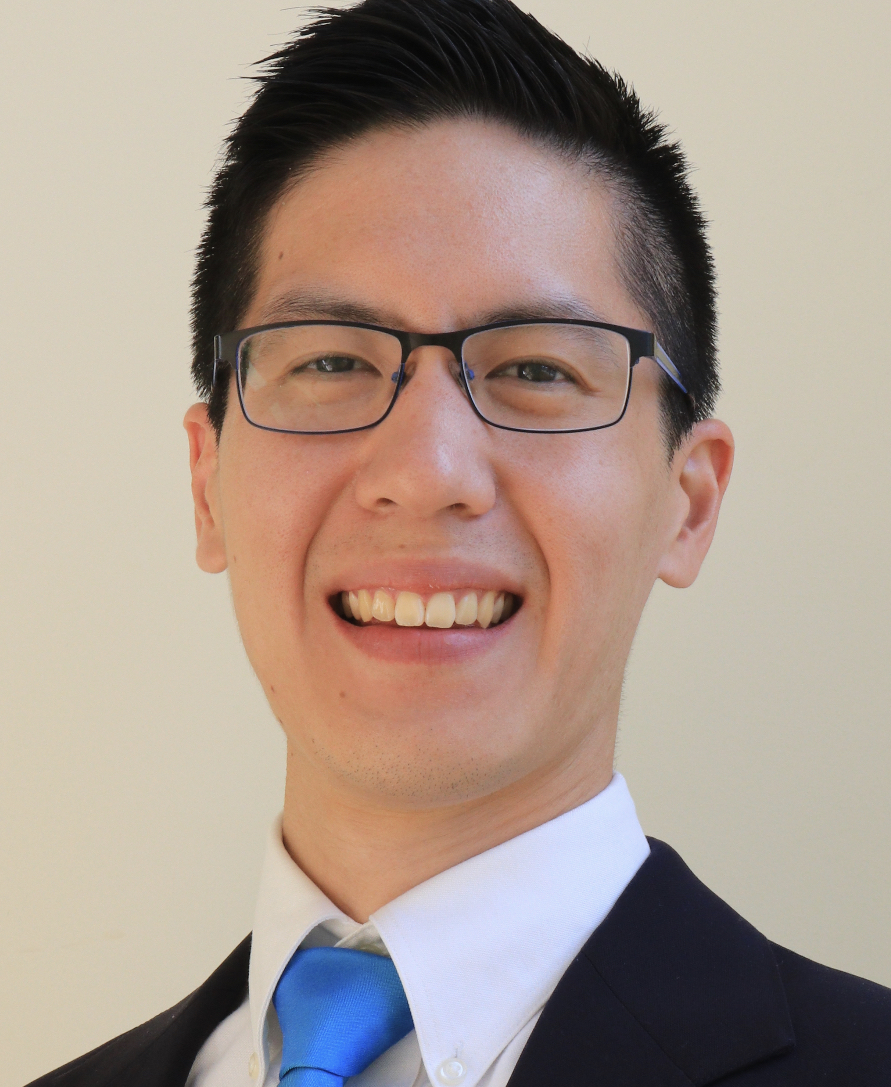 | Jason Lau, MD Jason Lau completed his bachelor's degree at Tufts University and medical degree at the University of Massachusetts. He moved to California for his General Pediatric training at the University of California, Davis. During residency, he developed an interest in the impacts of climate change on health as well as clinical informatics. He joins the Health Services and Quality of Care Research Fellowship to gain research skills needed to investigate adaptation solutions that address the effects of worsening heat and air quality on the marginalized communities. |






